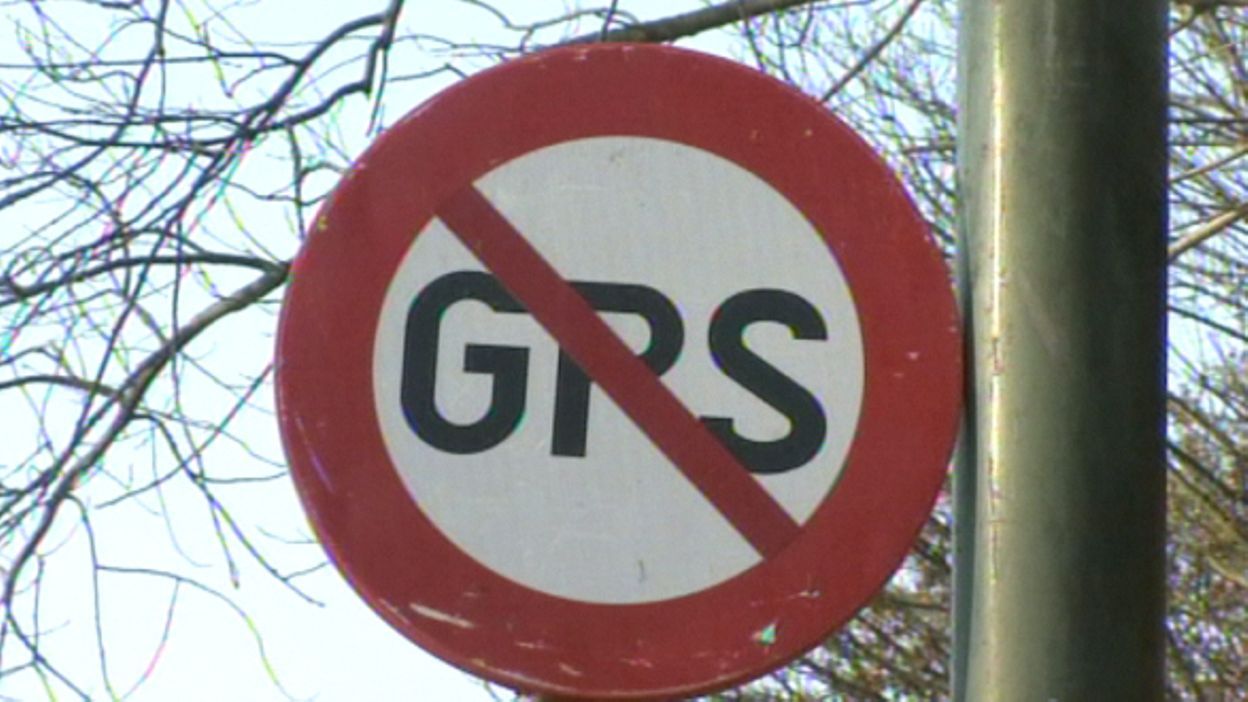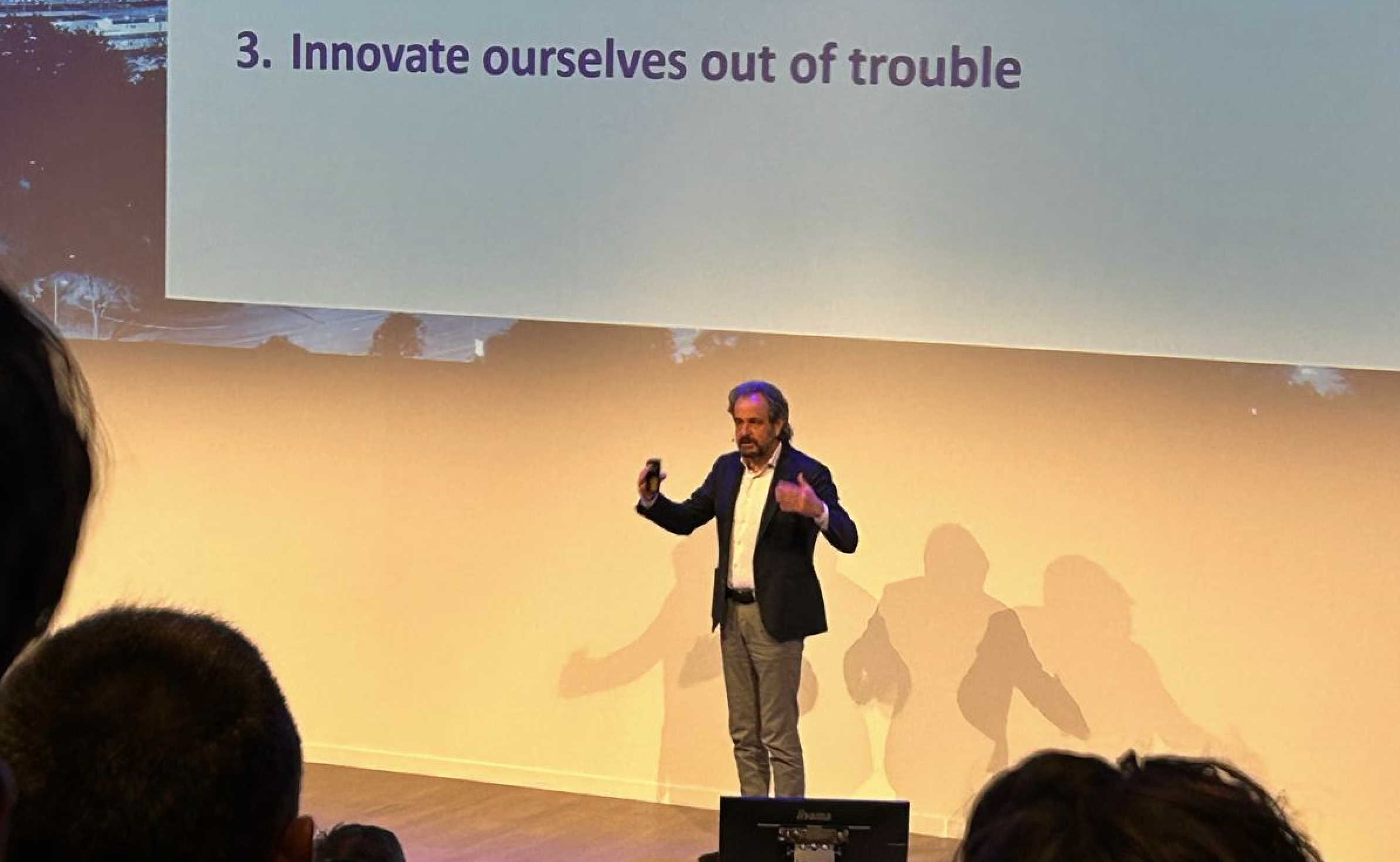
In a weekly column, alternately written by Lucien Engelen, Mary Fiers, Maarten Steinbuch, Carlo van de Weijer, Tessie Hartjes, and Auke Hoekstra, Innovation Origins tries to find out what the future will look like. All six contributors – sometimes accompanied by guest bloggers – are working on solving the problems of our time. Everything to make Tomorrow Good. This Sunday, it‘s Carlo van de Weijer’ s turn, about Black Saturdays and their alternatives. Here are all the previously published columns.
It is holiday time and then traditionally the reports are all about these “Black Saturdays“. Those Saturdays that can also occur on Fridays and Sundays. Previously I fearlessly chose my road to the Mediterranean. Without any worries, because at that time I was in the happy possession of a navigation system with fully covering traffic information, at that time still a relatively unique device. It was worth gold on a day like that. Because typically, a holiday traffic jam usually offers plenty of alternative routes. Unlike daily traffic jams, where alternatives have long been found by searching commuters. But in the event of a lengthy traffic jam full of strangers, a maximum of one or two alternative routes are used. A modern navigation system can easily find the next alternative, usually with a remarkably short loss of time, and often also a much more interesting route.
But you notice that the internet has reached the car and more and more people have started to use traffic information, often available for free. And that is why the alternatives are running out. This results in a much better use of the available capacity, but the advantage of the early user is gradually disappearing. So he has to travel on a different day, with a different mode of travel, or just stay in his own country for his holiday. Just as many commuters have started to use flexible working hours, consider using a bicycle or start working closer to home. All positive things.
An experienced traveler probably has noticed a nice phenomenon to be seen on the way to the South. Something that the cities of Liège, Lille, and Lyon have in common. In all three cities, the main north-south connection crossed the city center. And all three cities have built a road around the city in recent decades to divert all that traffic. But those plans did not take the rapid emergence of navigation systems into account. Any car driver will surely recognize that despite the signs above the road shouting for the long detour, your navigation system in most cases invariably guides you straight through the city. And rightly so.
“The traffic jam is the best, and perhaps the only really working tool against a traffic jam”
At Liège they tried to make you turn off the GPS with a sign with this advice, the sign is still there. But that only makes all those anarchist Dutch people even more suspicious and then they listen even better to their navigation. The many requests to TomTom from many a city to force a slower route was of little use, mainly because it is practically impossible to do so. Moreover, road authorities and navigation manufacturers are increasingly working together to solve such problems smarter and often in advance.
Of course, the bypasses certainly have their use. Because if the road right through Liège, Lille or Lyon are congested, a good navigation system will provide that alternative route. And lorries can be banned from the city, as can polluting cars that already are no longer allowed to pass through Lyon and Lille, for example.
People who, despite this wealth of information and alternative possibilities, are still stuck in traffic, whether as holidaymakers in France or as commuters in their own neighbourhood, apparently find the traffic jam less of a problem than the alternatives. There is also an important development on the horizon: cars that take over driving from during traffic jams. Research shows that those people don’t mind the traffic jams anymore. Doing so, the congestion problem is solved by tackling the problem, not the congestion. I see no other solution on short notice. After all, traffic jams are the best, and perhaps the only really effective means of preventing traffic jams.








